We have a commitment to our suppliers, most of whom are smallholder farmers, through different initiatives such as our supplier training and mentoring scheme, ESG supplier assessment and our women’s empowerment Program, which enable us drive positive change in the Kenyan agricultural industry.
Smallholder farmers are essential to our business to supplement our production and ensure we meet all our customer requirements. They are also essential for the protection of our planet, so we’ve created programs to empower and support them. Integrating smallholders into the value chain is critical to sustainable land use and in protecting forests and biodiversity.
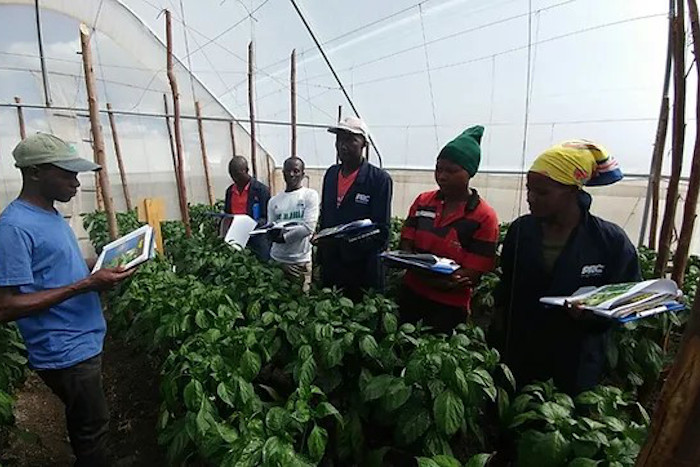
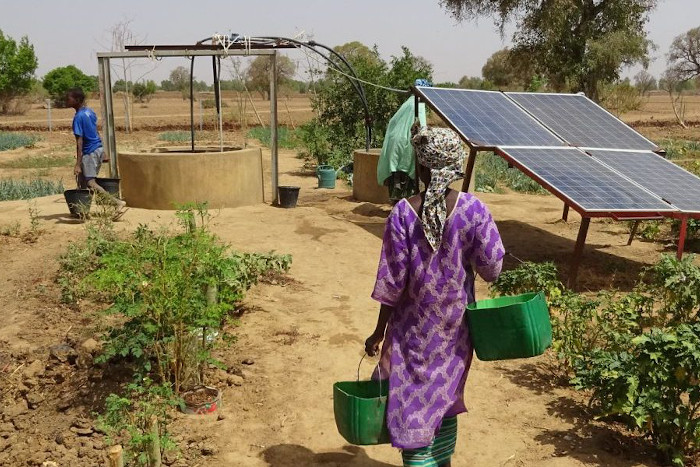
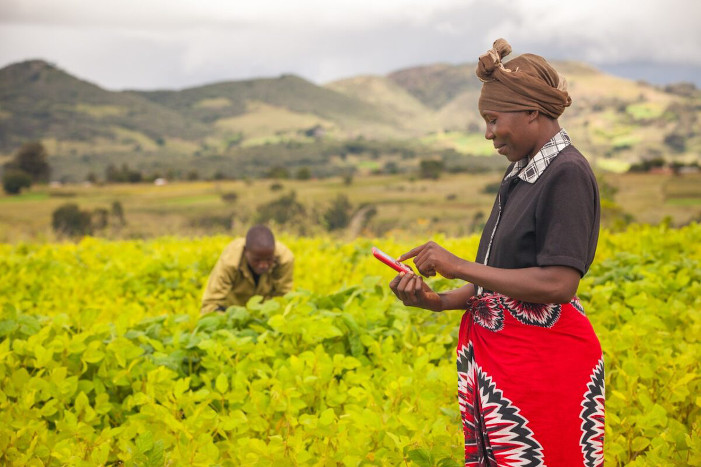
Overview
In Africa, a majority of people earn their income by working on their family smallholding. With generations of experience, these smallholder farmers often know more about their local growing conditions than anyone else.
Smallholders face a lot of challenges. Unlike larger farming businesses, few smallholders have access to training, information, farm inputs, and financial support to run efficient operations and improve their yields. There are huge opportunities for businesses like Greengro to help them overcome these challenges and we do exactly that.
With the right support, smallholders can be at the forefront of efforts to protect and regenerate nature. Because if smallholders are empowered to use sustainable and regenerative farming practices, they can replenish the land for current and future generations, boosting yields while building resilience. This way, farmers and their families will thrive, and so will our planet.
We work with smallholders for a sustainable supply of some of our products and support them by way of FREE training on GAP and supply of quality farm inputs to ensure they produce good quality for our customers.
How Greengro is working with smallholder farmers
Smallholders need support to bring their business up to the standards we are upholding in our supply chain. Up until now, our smallholder programmes have aimed to increase profitability for farmers by improving the sustainability of their operations, professionalising their businesses and promoting sustainable farming practices.
Now, our smallholder programmes will focus on progressively embedding our Regenerative Agriculture Principles. These principles are focused on farming practices such as good soil management, water conservation and improving biodiversity. Holistic programmes also include social elements, such as training programmes on health, hygiene and financial management.
As well as working directly with our suppliers, we partner with other companies such as farm input suppliers, financial institutions etc. Together we can offer programmes that seek to professionalise smallholder farming operations, improve yields, diversify crops and help farmers work towards a comfortable living income.
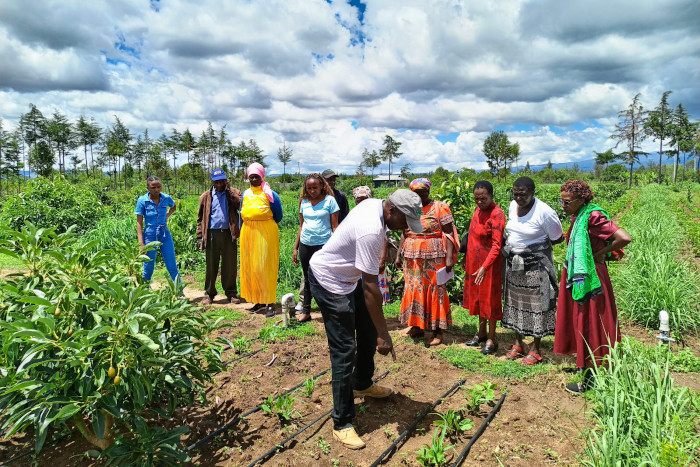
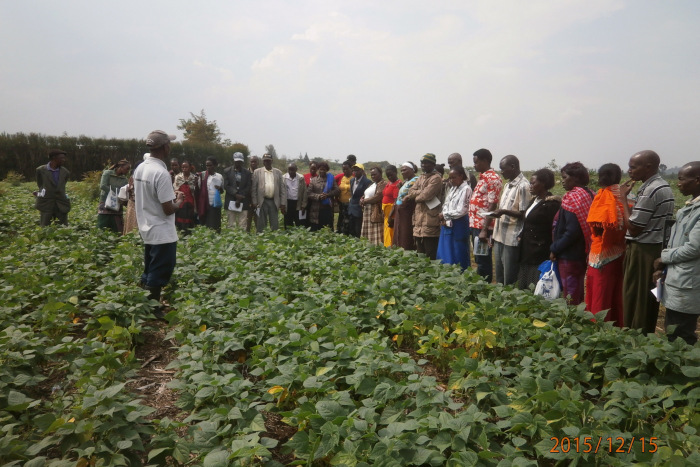
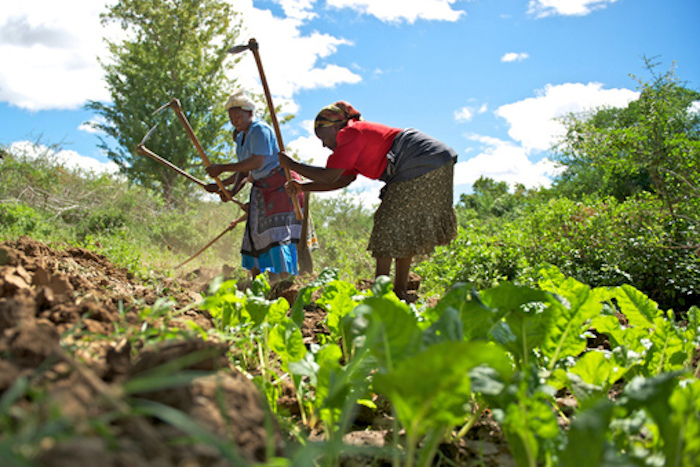
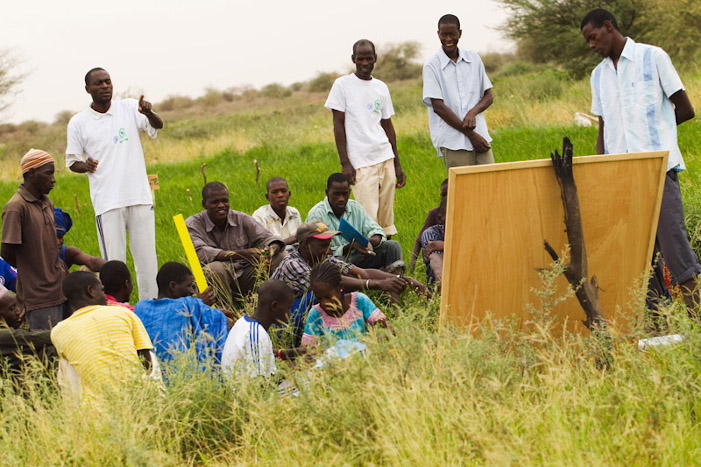
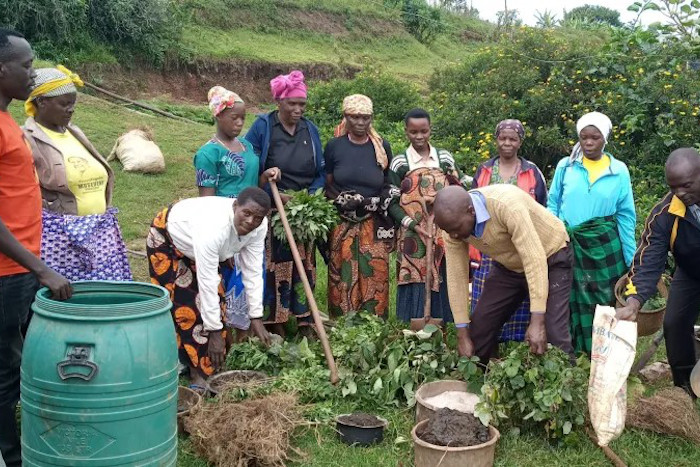
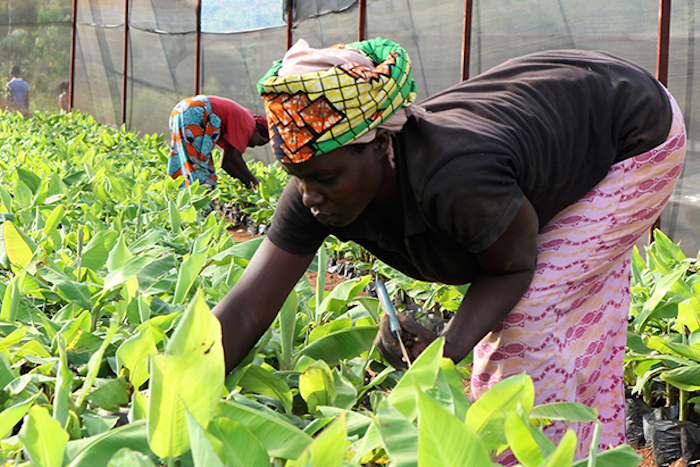
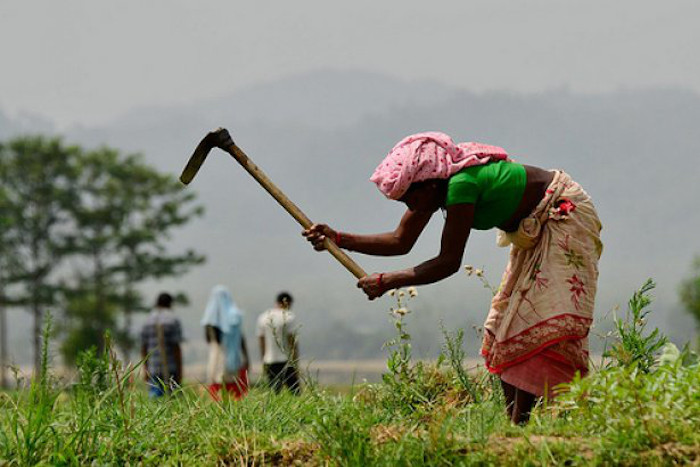
The future for smallholders
Smallholders are already feeling the effects of climate change – a situation that tragically, is likely to get worse before it gets better. The programs we have in mind for the future are not only to help farmers build resilience in the face of climate challenges today, they are also to help our planet to recover by recovering soil, preserving water and locking away carbon. The more we can give smallholders the tools, support and opportunities to take an active role in the protection of our planet, the better the outcome for everyone on it

 Herbs
Herbs Vegetables
Vegetables Fruits
Fruits





